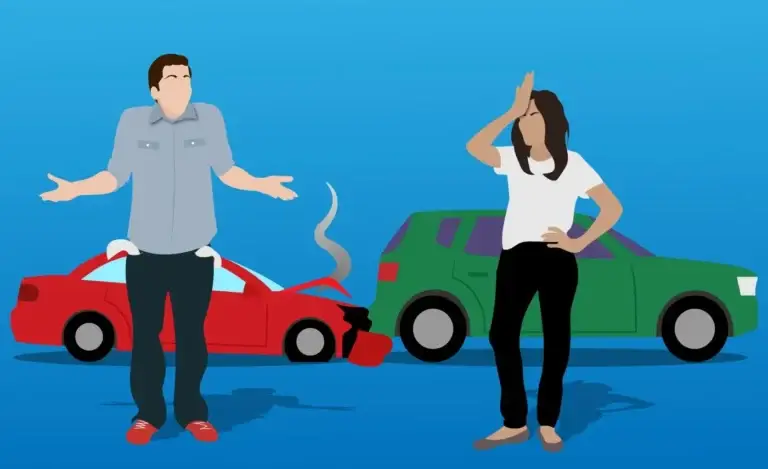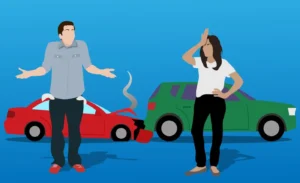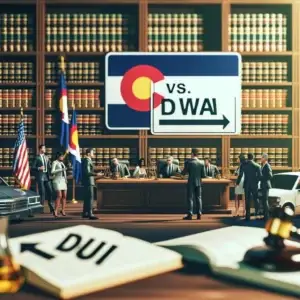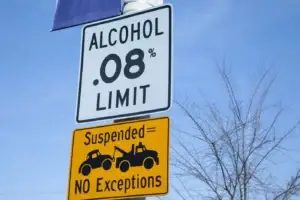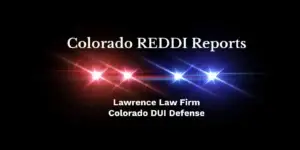After a car accident in Colorado, one of the most important questions is who was at fault. Fault determines not only liability but also how much compensation an injured person can recover. Unlike states with a simple “all-or-nothing” rule, Colorado follows a system called modified comparative fault.
Understanding comparative fault in Colorado can make a major difference in your case. Insurance companies will use it to argue for lower payouts. Having an experienced Colorado car accident attorney on your side can help ensure you don’t end up unfairly blamed.
What Is Comparative Fault?
Comparative fault is a legal doctrine courts and insurance companies use to divide responsibility after an accident. Instead of one person being entirely to blame, fault may be shared.
For example:
Both drivers contributed to the accident. Comparative fault assigns percentages to each party. These percentages then affect how much compensation each person can collect.
Modified Comparative Fault Rule in Colorado
Colorado follows the modified comparative negligence rule under C.R.S. 13-21-111. Here’s how it works:
If you are 50% or more at fault, you cannot recover damages.
If you are 49% or less at fault, you can recover compensation, but your award is reduced by your percentage of fault.
Example:
Jury awards $100,000 in damages.
Plaintiff is found 30% at fault.
Final recovery = $70,000.
This rule is sometimes called the “Colorado 50% bar rule.” It prevents plaintiffs who bear the majority of responsibility from collecting damages, but it allows recovery for those who were less responsible than the other party.
Why Comparative Fault Matters in Colorado Car Accident Claims
The Colorado comparative negligence law directly affects:
Settlement negotiations – Insurance adjusters will argue that you share fault to reduce what they pay.
Jury trials – Jurors assign fault percentages based on evidence.
Final compensation – Even small fault percentages can cut into recovery amounts.
Insurance companies know this and will push aggressively to assign blame. Having a lawyer challenge their analysis can be the difference between fair compensation and a lowball settlement.
Negligence and Auto Injury Cases in Colorado
Most auto accident cases in Colorado are based on negligence law. To win, a plaintiff must prove four elements:
Duty – Every driver has a duty to operate a vehicle safely.
Breach – The driver failed in that duty (e.g., running a stop sign, texting while driving).
Causation – The breach directly caused the accident.
Damages – The accident caused injuries and losses.
When more than one driver breaches a duty, comparative fault helps courts and insurers decide how damages are divided.
Evidence That Determines Fault
Establishing fault requires evidence. In Colorado, some of the most important pieces of evidence include:
Police reports – Officers often make initial fault determinations.
Witness statements – Testimony can confirm or dispute accident details.
Photographs and video – Images of the crash scene, skid marks, and vehicle positions.
Traffic cameras or dash cams – Objective recordings of how the accident occurred.
Medical records – Establishing injury causation.
A skilled Aurora car accident attorney will gather and present this evidence to reduce your fault percentage and strengthen your claim.
Comparative Fault in Common Accident Scenarios
Comparative negligence plays a role in many types of car accidents:
Intersection collisions – Both drivers may argue the other ran a light or stop sign.
Rear-end crashes – The rear driver is usually at fault, but the lead driver may share blame if they stopped suddenly without cause.
Multi-car pileups – Fault may be divided among multiple drivers.
Left-turn accidents – The turning driver is usually at fault, but speeding or distracted oncoming drivers may share liability.
Because these cases aren’t always clear-cut, comparative fault arguments are common strategies for insurance companies to reduce payouts.
How Comparative Fault Impacts Insurance Settlements
Insurance adjusters are trained to minimize claims. One of their most effective tools is comparative negligence arguments.
If they can show you were partially at fault, they can reduce your settlement.
Even a 10% fault finding reduces your payout by 10%.
If they can push you to 50% or more at fault, they avoid paying anything.
This makes it crucial not to admit fault when speaking with insurers. Statements like “I may have been going a little fast” can later be used against you. Instead, provide factual information and let your Colorado car accident lawyer handle the negotiations.
Dealing With Insurance Adjusters
Insurance adjusters may seem friendly, but their job is to save money for the company. They may:
Ask leading questions to get you to admit partial fault.
Delay claims to pressure you into accepting a low offer.
Use selective evidence to increase your fault percentage.
Having an Aurora personal injury attorney communicate on your behalf prevents you from making statements that could hurt your case. Your lawyer can also challenge biased fault assessments and present stronger evidence in your favor.
Comparative Fault and Multiple Defendants
In some accidents, more than one defendant may be responsible — for example, a trucking company and a negligent driver. Colorado law allows fault to be divided among all defendants.
This can work in a plaintiff’s favor, because as long as your share of fault remains below 50%, you can still recover compensation, even if multiple parties share blame.
Comparative Fault and Personal Injury Damages
Your percentage of fault affects both economic damages and non-economic damages:
Economic damages: Medical bills, lost wages, and property damage.
Non-economic damages: Pain and suffering, emotional distress, loss of enjoyment of life.
Because non-economic damages are often more subjective, insurers will fight hard to reduce them by raising your comparative fault percentage.
Why You Need a Colorado Car Accident Attorney
Comparative fault cases are complex. Without representation, insurance companies will almost always assign you more blame than you deserve. A knowledgeable Denver car accident lawyer can:
Gather and present strong evidence to minimize your fault.
Cross-examine witnesses and challenge biased police reports.
Work with accident reconstruction experts when needed.
Negotiate settlements that reflect your true level of responsibility.
Take your case to trial if insurers refuse to be fair.
At the Lawrence Law Firm, we handle comparative fault cases across Aurora, Denver, Arapahoe County, Adams County, Jefferson County, and Douglas County.
Key Takeaways
Colorado follows the modified comparative fault rule: plaintiffs 49% or less at fault can recover damages, reduced by their percentage of fault.
If you are 50% or more at fault, you cannot recover compensation.
Fault percentages are determined based on evidence, police reports, and testimony.
Insurance companies use comparative fault to reduce or deny payouts.
A skilled Aurora car accident attorney can help minimize fault percentages and maximize recovery.
Speak With a Colorado Car Accident Attorney Today
If you were injured in an accident, don’t let insurance companies unfairly blame you. Understanding comparative fault in Colorado is critical to protecting your right to compensation.
The Lawrence Law Firm offers free consultations for car accident victims in Aurora and throughout the Denver metro area. We work on a contingency fee basis, meaning you pay nothing unless we recover compensation for you.
Call today to speak with an experienced Colorado car accident lawyer and learn how we can help navigate the complexities of comparative fault law to secure the settlement or verdict you deserve.


